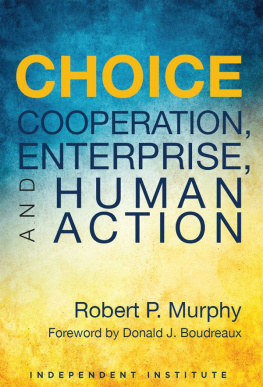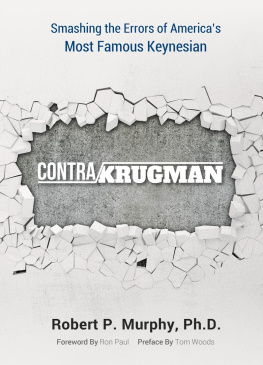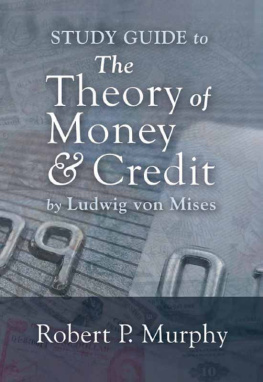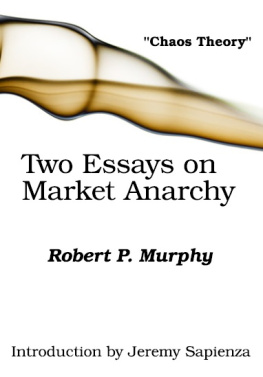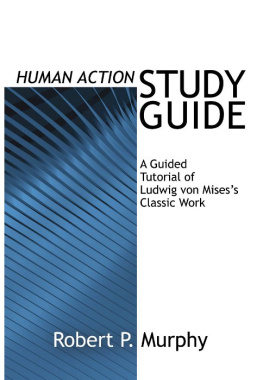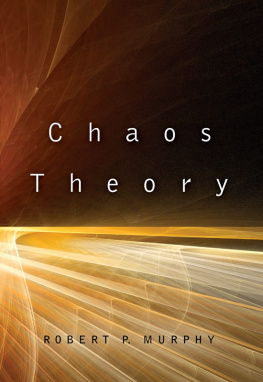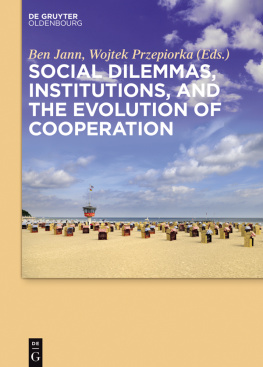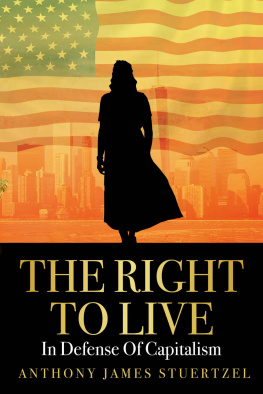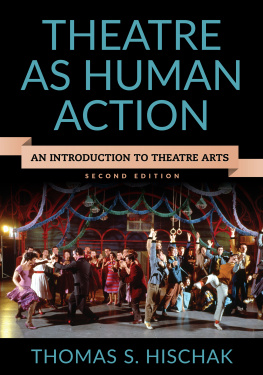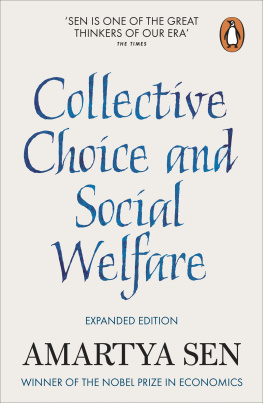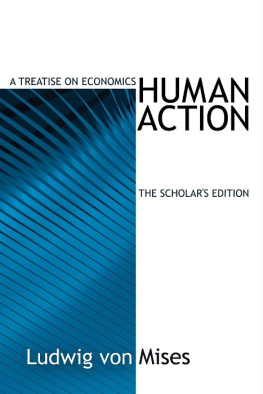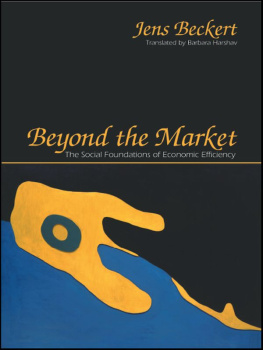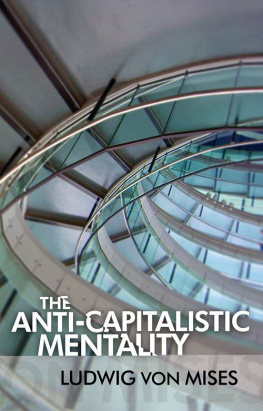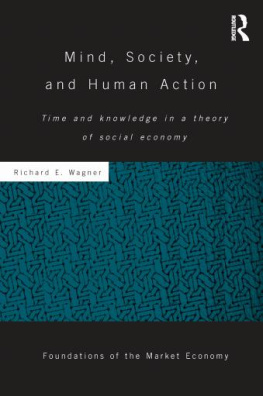Foreword
Donald J. Boudreaux
CONTRARY TO THE claims of many people who do not understand economics or science, economics is a science. Economics is a conscious and systematic search for knowledge and deeper understanding. This search is conducted to discover facts and relationships previously unknown; unlike dogma, it is not conducted to build intellectual and emotional barriers to ideas that challenge pet beliefs, superstitions, and worldviews.
Of course, because economics deals with purposeful, human decision-making, actions, and subjective preferences, it is not a physical science. As such, the appropriate method for doing economics differs from the appropriate method for doing the likes of physics, chemistry, and astronomy. Yet because lab-coated or microscope-equipped searchers for knowledge and understanding have long been, in the English-speaking world, identified as exemplars of science, scholars who search for knowledge and understanding using methods different from those used in the physical and biological sciencesand who cannot reliably make precise predictions of the sort made by physical scientistsare too often mistakenly dismissed as unscientific.
A true scientist, though, adopts the method of inquiry best suited to his or her subject matter. This intellectual feat requires not only keen awareness of the nature of that subject matter but also cognizance of the abilities and limitations of the human mind to comprehend that subject matter.
Ludwig von Mises (18811973) was one of history's most successful economists at the vital task of crafting an analysis of economic reality that is both exhaustive and consistent with the human mind's capacity to make as much sense as can possibly be made of that reality. The fruit of this success is Mises's greatest scientific work, Human Action (1949). In this immense volume he presented his exhaustive analysis of all things economic. This treatise is not beach reading. It is deeply philosophical as well as impressively analytical (despite Mises's eschewing the language of mathematics). And yet it is accessible to any intelligent reader who can spare the time, and expend the concentrated effort, required to grasp its lessons.
Regrettably, too few people are willing to spare such time and expend such effort on reading Human Action. And that's too bad, because the clarity and depth of insight that would be gained is enormous.
Enter Robert Murphy and his superb Choice. No scholar working today rivals Murphy at combining a vast knowledge of Mises's works with a too-rare skill at writing in a style that engages as well as instructs the general public. Murphy guides the reader through each section of Human Action. He does so with such lucidity, skill, and completeness that, by the end, it's almost as if the reader has studied every page of Human Action itself. Reading Murphy's book, therefore, is the best wayshort of actually reading Human Actionto learn economics la Mises.
So what Murphy offers here is no mere primer. While I hope that this volume will indeed prime readers to go on to study Human Action (and I confidently expect this result for many readers), Murphy's book is itself a valuable treatise, short though it is. In its own right, this volume is a creative, comprehensive, and unusually accessible work of economic science.
Murphy's Work Is Also Desperately Needed
Economics has increasingly failed, over the past hundred or more years, to inform the general public. However valuable a new academic journal article that explains a refinement in some econometric technique, or a new university-press book that describes a better rule for guiding central-bank monetary policy, no such academic work is as needed today as an article or book that conveys economic understanding to large numbers of non-economists. Despite the pretenses of the typical academic economistwho often naively fantasizes that his or her new theorem or latest empirical finding will guide apolitical government officials in their selfless quest to engineer the economy into a better statepublic policy in democratic societies will always reflect the economic understanding of the general public.
If the general public believes that imports hurt the domestic economy, a policy of free trade has no hope of being realized. If the general public does not understand the dangers of discretionary monetary policy, discretionary monetary policy will persist. If members of the general public do not understand that the well-being of the poor and the middle class improves as entrepreneurs and businesses are more free to innovate and compete, public policy will be a nest of obstacles to innovation and barriers to competition.
Put in the language of economics: the marginal utility today of the next new addition to academic economists understanding of the workings of the economy is much less than is the marginal utility of an additional unit of greater public understanding of basic economic truths. Some new gilding on modern international-trade theory, for example, might well improve that theory, but the scholar who spent time devising this improvement would likely have contributed far more value to humanity by helping the general public understand that tariffs do not raise overall domestic employmenta truth that economists have understood for centuries but one that the general public continues to miss.
Of course, there is in economics as in other professions a division of labor. Some economists specialize in making theoretical advances and others in teaching and in reaching out to the general public. The problem today is that too few competent economists specialize in these latter tasks. The result is doubly bad, for not only are too few competent economists working to expand the public's understanding of basic economic truths, but the absence of good economists on the public stage opens it up to cranks and crackpots who win applause (and sometimes even riches) by reinforcing, rather than by correcting, the public's wrongheaded notions about the economy.

